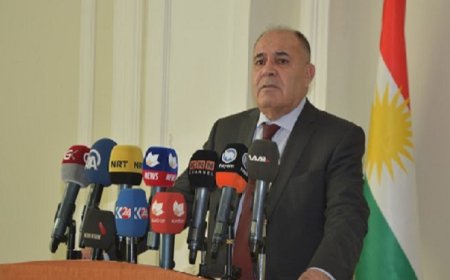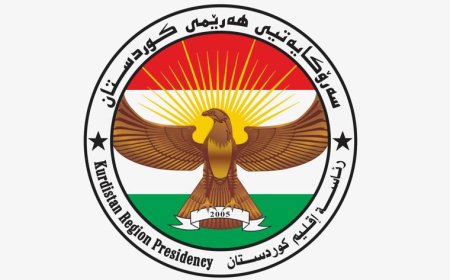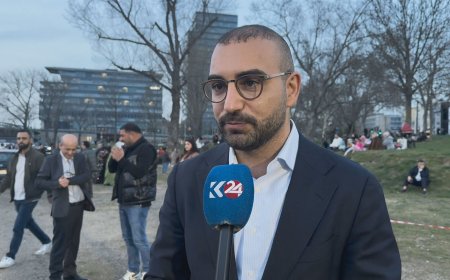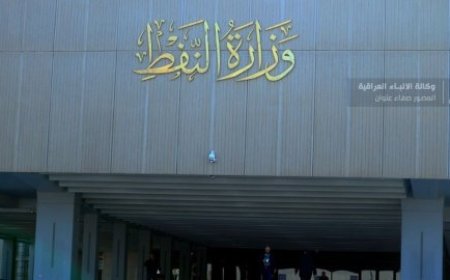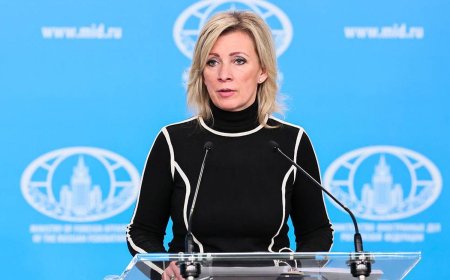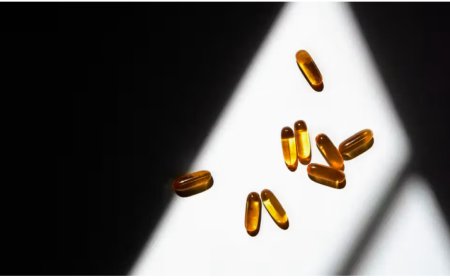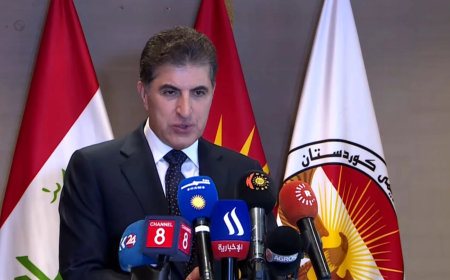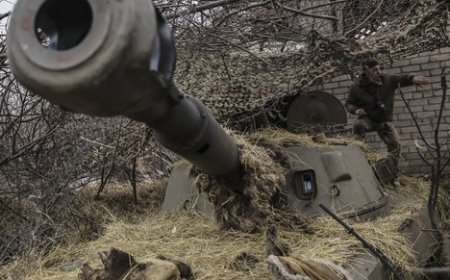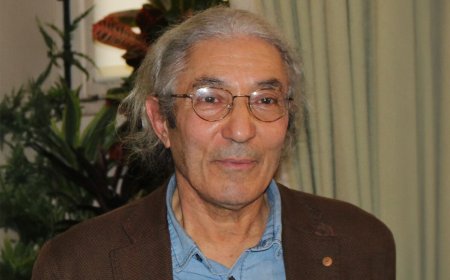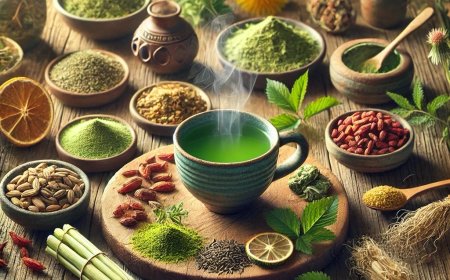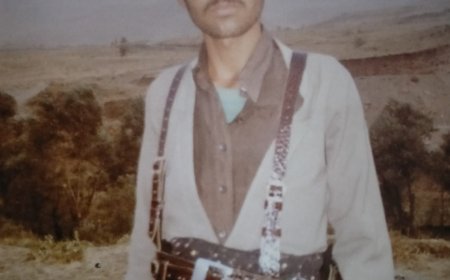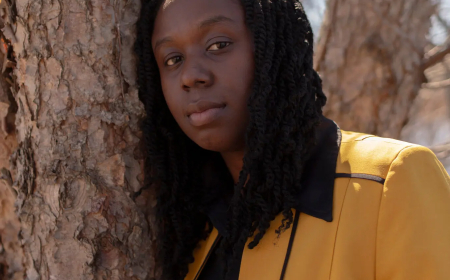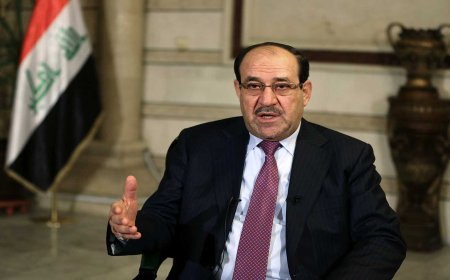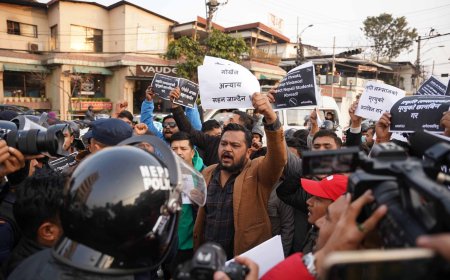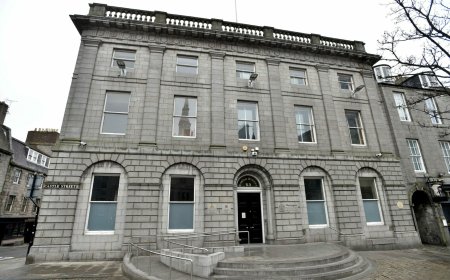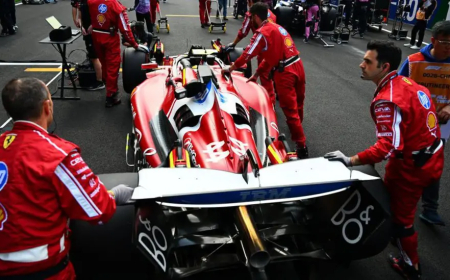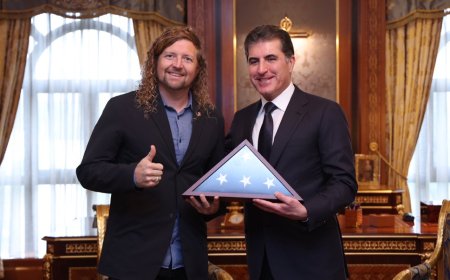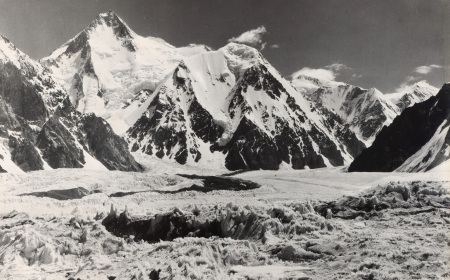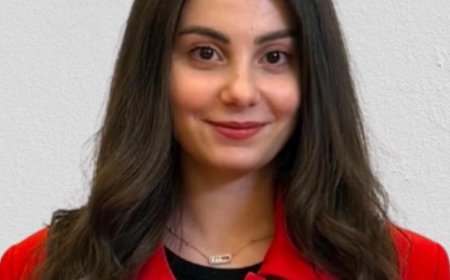Sêva mêxekrêj – a bittersweet memory
By Michael EJ Phillips

With Spring in the air, efflorescence begins on the apple trees of Kurdistan. Thoughts turn to warmer, longer and brighter days to come; Winter, its cold and its darkness is receding fast. Later on, when the fruit is ready, some may continue the tradition of sêva mêxekrêj or clove apples. A beautiful fresh apple is preserved though adorning it all over with cloves, before it is dried. It may then last for decades. The origins of this tradition are lost in time, but it is generally associated with love, romance and devotion – or even as a peace offering.
The 16th March 2025 marks the 37th anniversary of the chemical weapons attack on Halabja, by Ali Hassan al-Majid and Saddam Hussein during which innocent Kurdish civilians were massacred and maimed through the indiscriminate use of chemical weapons. Such agents included mustard gas, sarin and cyanide, raining down on them from the skies above. Within a few hours, 5,000 innocent souls had perished; an estimated 10,000 were injured. The legacy of these attacks persists even today, with the associated illnesses, birth defects and the like afflicting the population both as a result of the original event, but also through the enduring effect of soil and water contamination.
It must be remembered that Halabja was targeted due to it being a centre of Kurdish resistance against the former Ba’athist regime. The attack was central to the first part of the Anfal campaign against the Kurdish population of Iraq, in order to teach them a lesson for siding with Iran during the war taking place at that time. Yet while Halabja is considered to be the worst chemical weapons attack in history, it was only one of several such during the 1983-1988 Iran-Iraq War. Kurdish civilians were targeted in areas across the whole part of the country known today as the Kurdistan Region of Iraq. Not only that, but an estimated 20,000 Iranians were also killed through the deployment of such chemical weapons.
A second important strand to the Anfal campaign was the policy of Arabisation, whereby mostly poor inhabitants from the south of Iraq were incentivised to move north, particularly to the key Kurdish city of Kirkuk, through the lure of inexpensive housing and jobs. A third main strand was the Iraqi Census of 1987: those who did not register were denied their birthright of Iraqi citizenship. Most of the Kurdish people thus refused to participate.
The international response to the massacre and ongoing repression of the Kurdish people was effectively to turn a blind eye to it. The production, use, storage and distribution of chemical and biological agents in conflict is prohibited by the Geneva Protocol of 1925, the Biological Weapons Convention of 1972 and various other associated treaties to which the majority of the world’s countries are signatory. Many court cases have taken place around the fact that the chemical agents and support for processing them came originally from the West – Germany, the United Kingdom, France and the United States being foremost in such complicity. Indeed, it was these countries who initially discovered, synthesised and developed these agents in the early to mid twentieth century. Such actions meant that the moral case for the later invasion of Iraq and eventual deposition of Saddam Hussein was dubious at best.
Nonetheless, through concerted effort and raising of awareness among the international community, the genocide has been made known to the world. A museum was opened in Halabja, and it is today an official public holiday in Iraq. Having said that, it is a generally known fact that humans never learn from history. On the 21st August 2023, sarin was used against the civilian population of Ghouta, near Damascus, by those acting for the recently deposed Syrian dictator, Bashar al-Assad. Such an atrocity reawakened painful memories for the people of Halabja, Kurdistan and further afield who know only too well the results.
This article began by talking about apples, and their generally positive associations both in Kurdistan and across the world (though it would be remiss not to mention in passing the Biblical tree of the knowledge of good and evil). One may wonder why it did so. The reason was that the fragrant scent of apples is also the sickly sweet one of the poison gas that decimated, mutilated and disabled so many of the innocent civilians of Halabja persecuted by their own government. The message we therefore need to promote is one of tolerance, peaceful coexistence and harmony among the rich tapestry of peoples of so many ethnicities and religions who live in the Kurdistan Region and greater part of the Land between Two Rivers.
Lest we forget.
